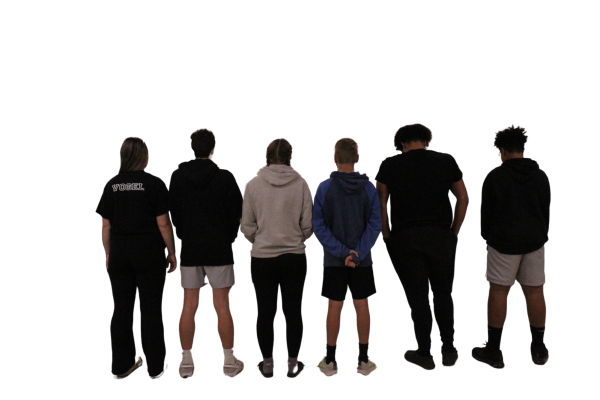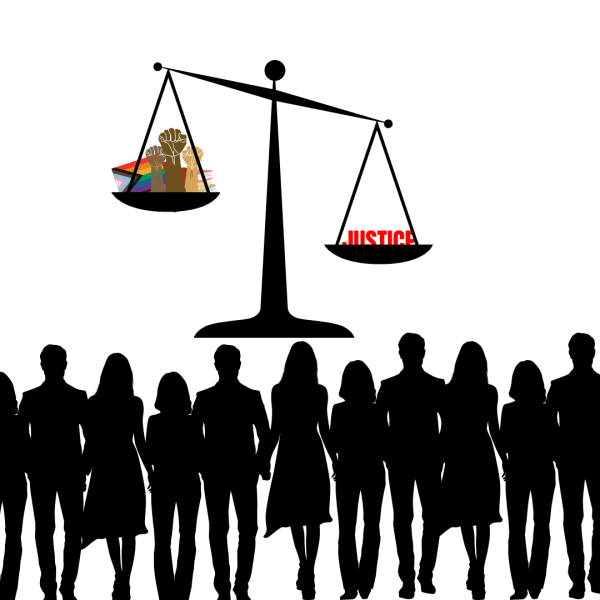Higher minimum wage, less to spend
Officer James Baird enjoys his meal prepared by miniumum wage workers after a long day of work.
Workers at McDonald’s are picketing to raise the minimum wage to $15 an hour. This would raise the price of food, everyday household items and other expenses. Minimum wages for other occupations would increase, but all the prices would go up eventually due to inflation. Inflation is the sustained increase in the general price level of goods and services in an economy over a period of time. Ideally, inflation would stay on a flat line and not increase while minimum wage would rise.
These fast food workers are demanding more than people whose careers depend upon saving people.
EMTs and paramedics make an average of $14.91 and around $31,020 a year, according to the Bureau of Labor Statistics, compared to a McDonald’s fast food worker, whose average salary is $8.50 per hour, according to the Department of Licensing and Regulatory Affairs. The demand of the fast food workers getting better pay means getting a higher salary than EMTs with the need of a college completion. Further, their jobs differ between a fast food worker, and a qualified paramedic who makes decisions which will affect patient’s health, and eventually, life. If both jobs were equally paid, EMTs might follow up with their own demands of a higher salary. And, as a consequence, it could cause a ripple effect to other professions.
Minimum wage jobs are occupied 48.2 percent by employees from 16 to 24, which are most likely high school and college students, and beyond that 22.4 percent of the workforce is 25 to 34 years old, according to the Pew Research Center. These numbers did not drastically change in the last few years, showing that the fast food worker occupation is still popular as an income source while in school or college. If fast food workers are paid as much as workers with a college degree, there is no incentive to start a career and have higher standards.







